Vegan Globetrotter is supported by our audience. When you purchase through one of our links, we may earn a small affiliate commission. As an Amazon Associate I earn from qualifying purchases. Your cost is not affected.
==================
Hey there, fellow liver warriors! If you’re navigating the murky waters of fatty liver disease, you’re not alone. The good news? Your diet can be a game-changer, even if you’re knee-deep in the battle. So, let’s chat about the unsung hero of your treatment plan: an excellent ol’ vegetarian diet. I get it – changing up your food routine can feel like a daunting task. That’s why we’re here to break it down, one veggie-packed meal at a time. Stick around as we unpack the ins and outs of fatty liver disease and devise a delicious, liver-loving diet plan just for you. Let’s roll up our sleeves and get cookin’ – your liver will thank you!
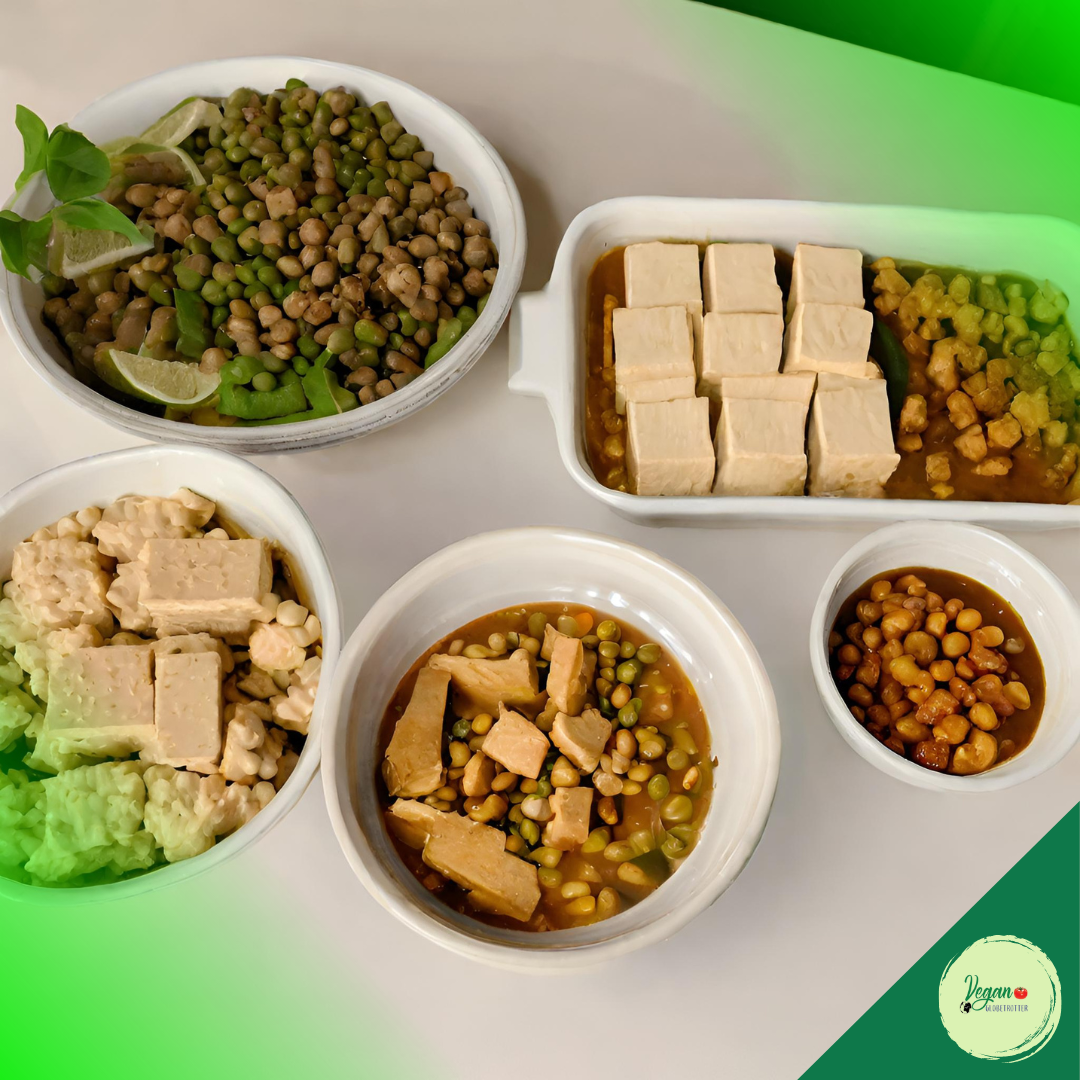
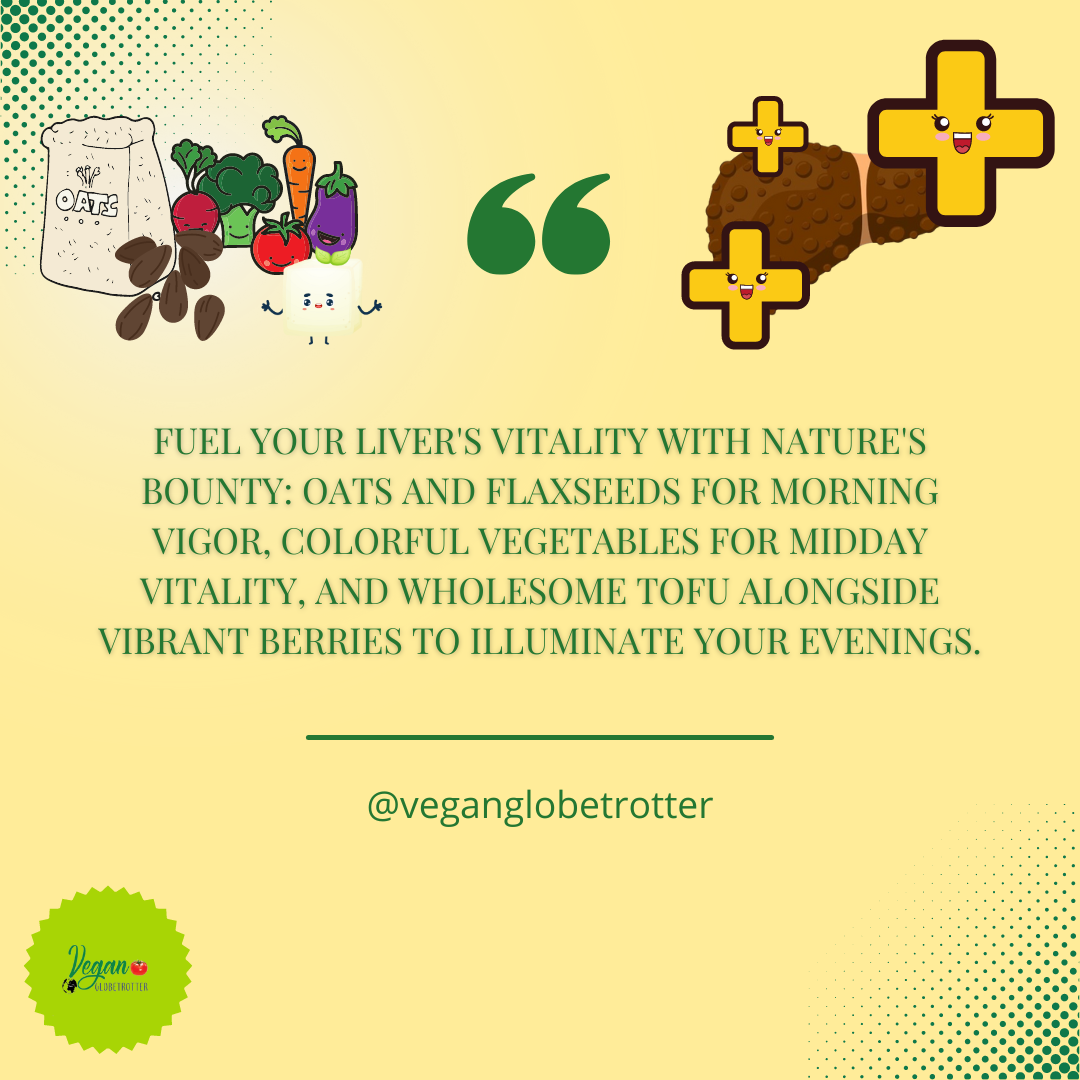
What Is Fatty Liver Disease?
Fatty liver disease is a condition that brings dangerous changes to the structure and function of the liver. It is an accumulation of fat in liver cells due to excess alcohol intake, obesity, type 2 diabetes mellitus, and fibrates. Fatty liver disease may be progressive. It might lead to severe scarring or fibrosis, which could be life-threatening.

A good diet for fatty liver disease is an excellent place to start since fatty liver is linked with obesity and high cholesterol levels. It can cause more severe problems later on if not kept in check.
What Is a Good Diet for Fatty Liver?

What Are Good Sources of Protein for a Fatty Liver?
Vegetarian protein sources include legumes, nuts, seeds, and soy foods like tofu and tempeh. It can also be whole grains, vegetables, and dairy products.
-
Methionine is found in legumes, seeds, fish, poultry, and meats.
-
Lysine, which can be found in legumes, grains, soy products, fish, poultry, and meat
-
Phenylalanine and Tyrosine are good sources of proteins found in milk products, eggs, cheese, wheat germ.
-
Threonine’s good sources are legumes, seeds, fish, poultry, and meats.
What Are Good Sources of Carbohydrates for Fatty Liver?
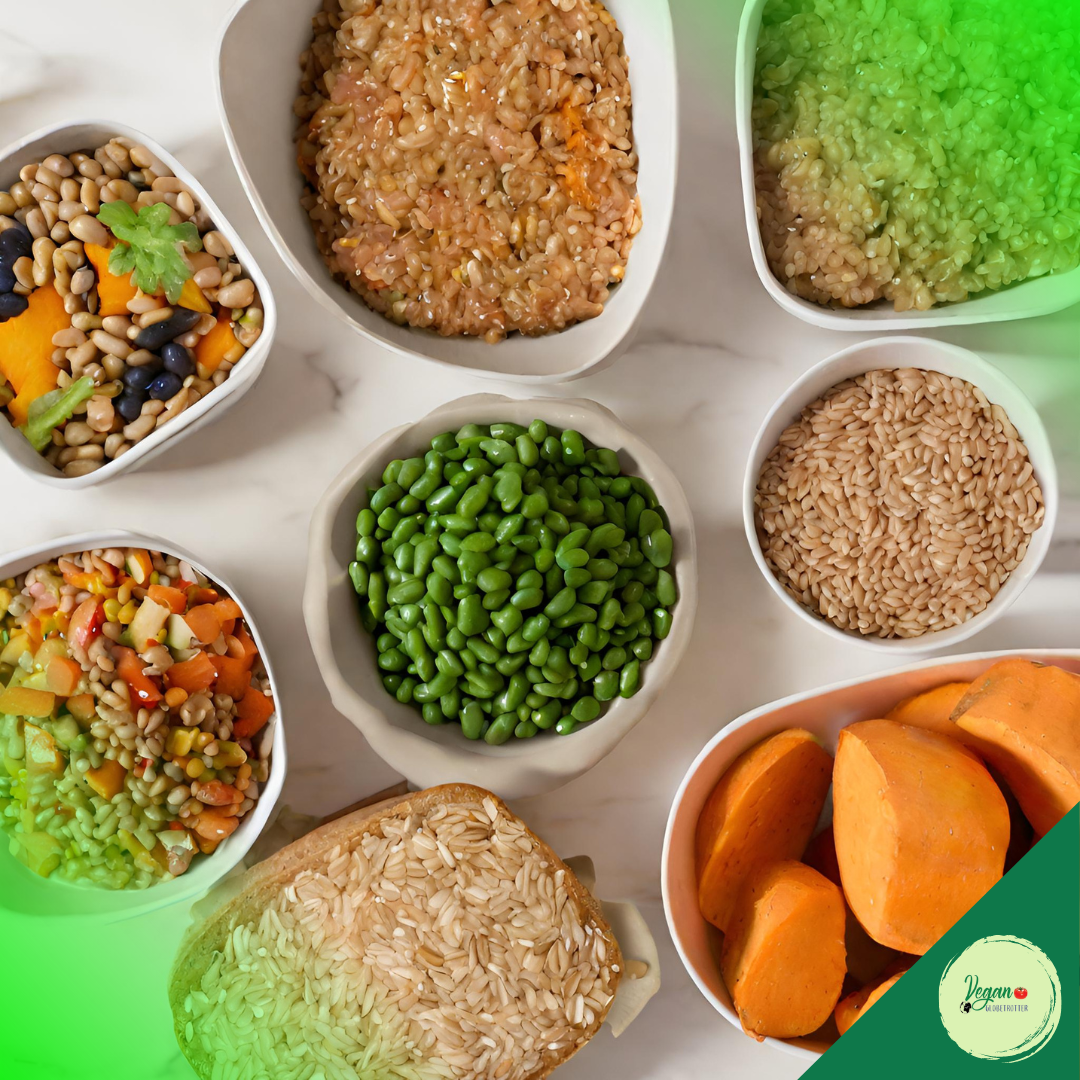
What Are Good Fats for Fatty Liver?
Healthy fats come from plant-based food sources instead of animal fats. These are usually from meat or dairy products. Good vegan fats include avocados, nuts and seeds, and olive oil.
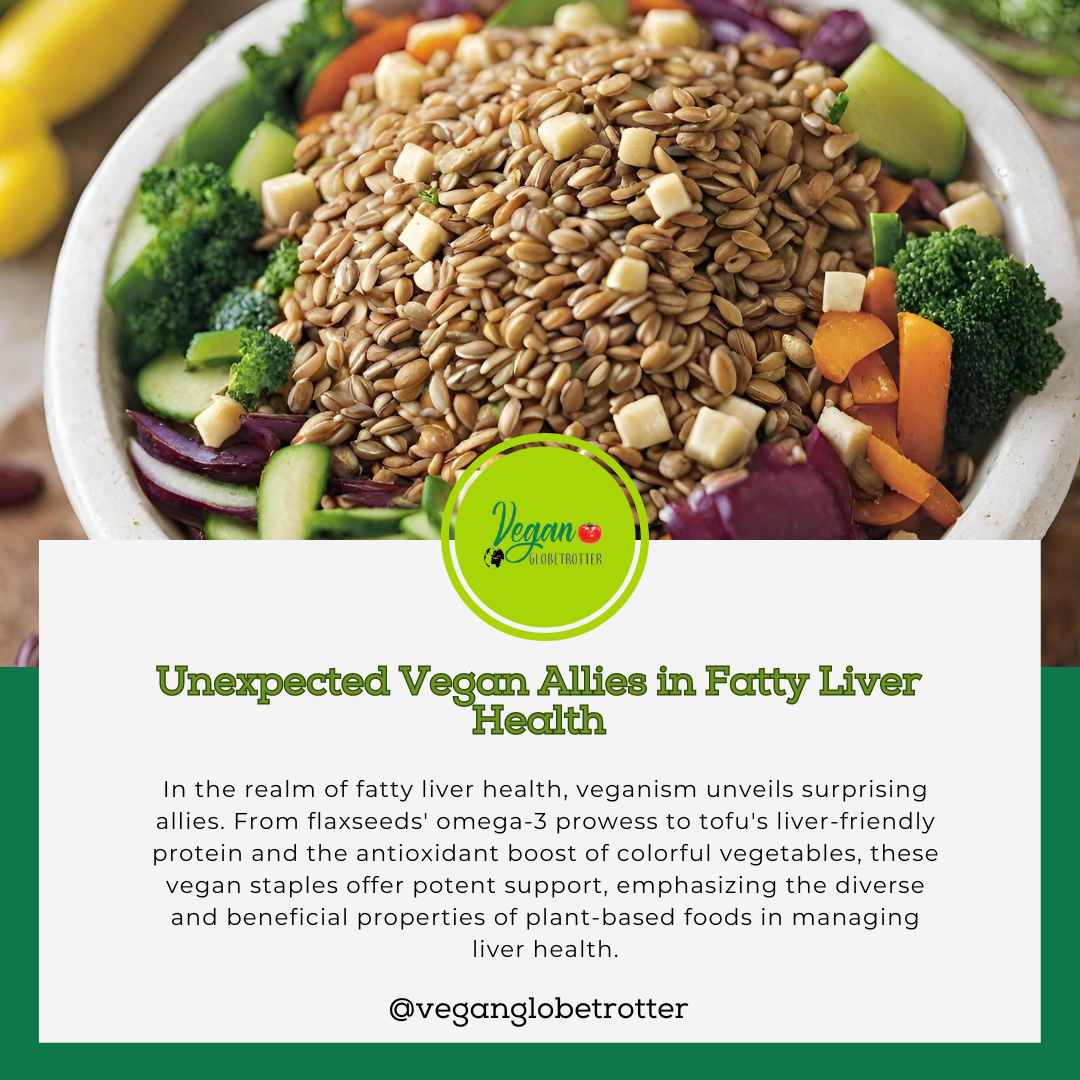
Fatty Liver Treatment: Vegetarian Diet Plan
A good vegetarian diet plan for fatty liver will include foods that are good for your body and your liver. Tea is always a good choice since it has antioxidants. It helps with blood flow improvement and antioxidants that fight off free radicals produced by toxins during digestion.
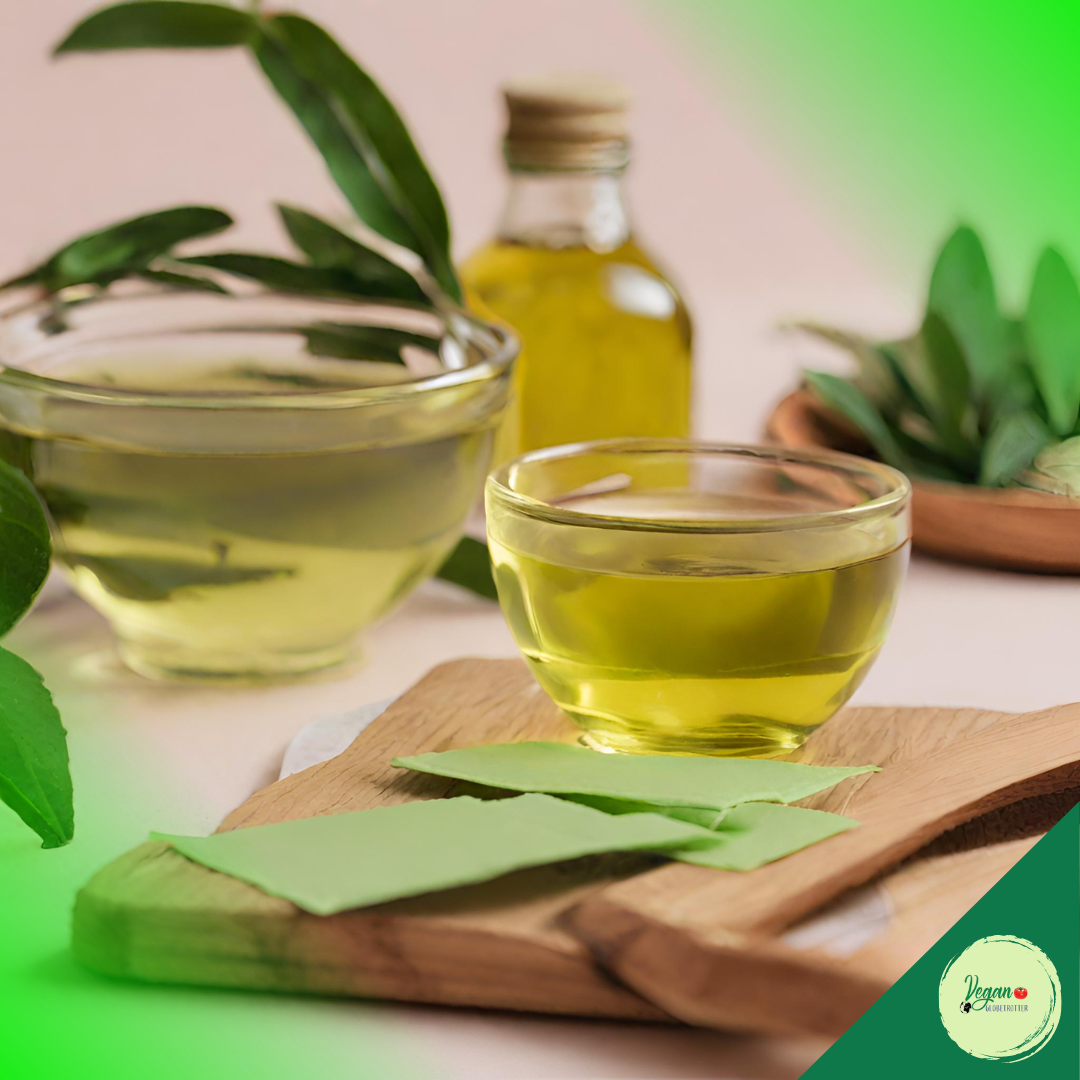
What Is the Recommended Diet for Fatty Liver?
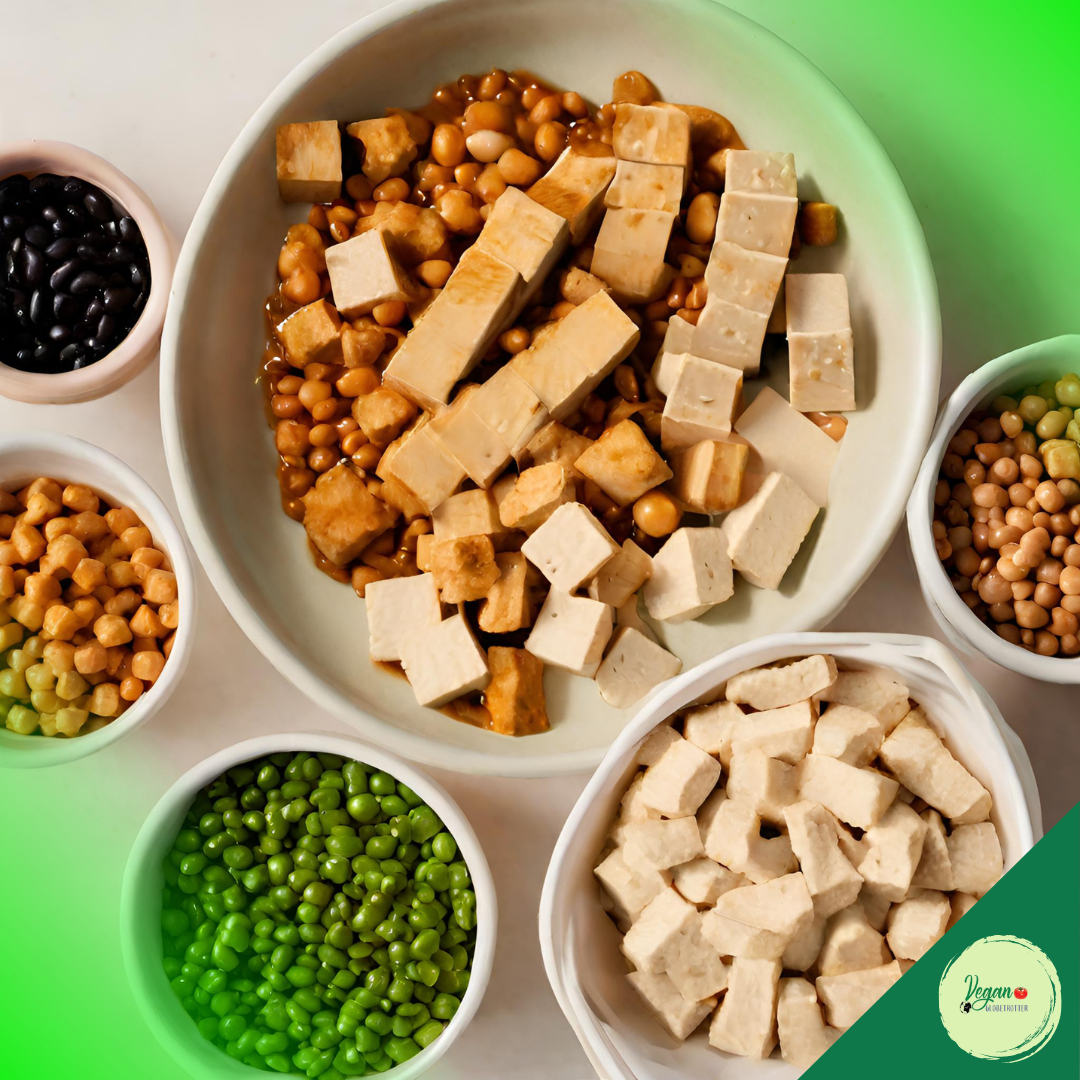
Is a Plant-Based Diet Advisable for Fatty Liver?
Transitioning to an excellent plant-based, vegetarian diet plan can significantly impact the development and management of fatty liver disease. Not only does such a diet help mitigate the risk of fatty liver disease, but it also aids in reducing its adverse effects. Embracing a vegetarian diet doesn’t just benefit your liver; it promotes overall health and well-being.
Key Advantages of a Plant-Based Diet:
- Plant-based diets offer a wide array of healthy food choices that cater to various dietary preferences. Whether you’re a seasoned vegan or just dipping your toes into plant-based eating, you’ll find a plethora of nutritious options to explore.
- One of the significant perks of a plant-based diet is the abundance of beneficial fat sources derived from plant foods. Unlike animal fats found in meat and dairy products, plant-based fats are known for their heart-healthy properties and their positive impact on liver health.
Substituting Unhealthy Habits:
- Consider swapping out your regular caffeine fix for green tea. Green tea boasts antioxidants that not only enhance blood flow but also support healthy circulation, skin, and eyesight. Ditch the jitters and embrace the calming benefits of green tea.
- Enhance the flavor and health benefits of your meals by incorporating digestion-friendly spices like black pepper. Not only does black pepper add a zing to your dishes, but it also aids in digestion, making it a win-win addition to your culinary repertoire.
Choosing Optimal Protein and Fat Sources: Transitioning to a plant-based diet doesn’t mean sacrificing protein; it’s all about making smart choices. Opt for protein-rich legumes over meat-based products to support heart health and overall well-being. When it comes to fats, opt for the goodness of nuts and seeds over animal-derived fats like butter or oil. If advised by your doctor to alleviate fatty liver symptoms, prioritizing plant-based fats over unhealthy animal fats is key.
Herbal Remedies and Supplements for Fatty Liver
Specific herbal remedies and supplements may support liver health alongside dietary changes:
- Milk Thistle: It contains silymarin, which may reduce liver inflammation and protect against damage.
- Turmeric: Curcumin in turmeric has anti-inflammatory effects and may inhibit liver fat accumulation.
- Dandelion Root: Traditionally used to support liver function, dandelion root may reduce inflammation and oxidative stress.
- Green Tea Extract: Rich in antioxidants, green tea extract can help reduce liver fat and improve enzyme levels.
- Omega-3 Fatty Acids: In fish oil or algae-based supplements, omega-3s have anti-inflammatory properties beneficial for liver health.
Consult a healthcare professional before adding any supplements to your routine, especially if you have underlying health conditions or are taking medications.
Conclusion
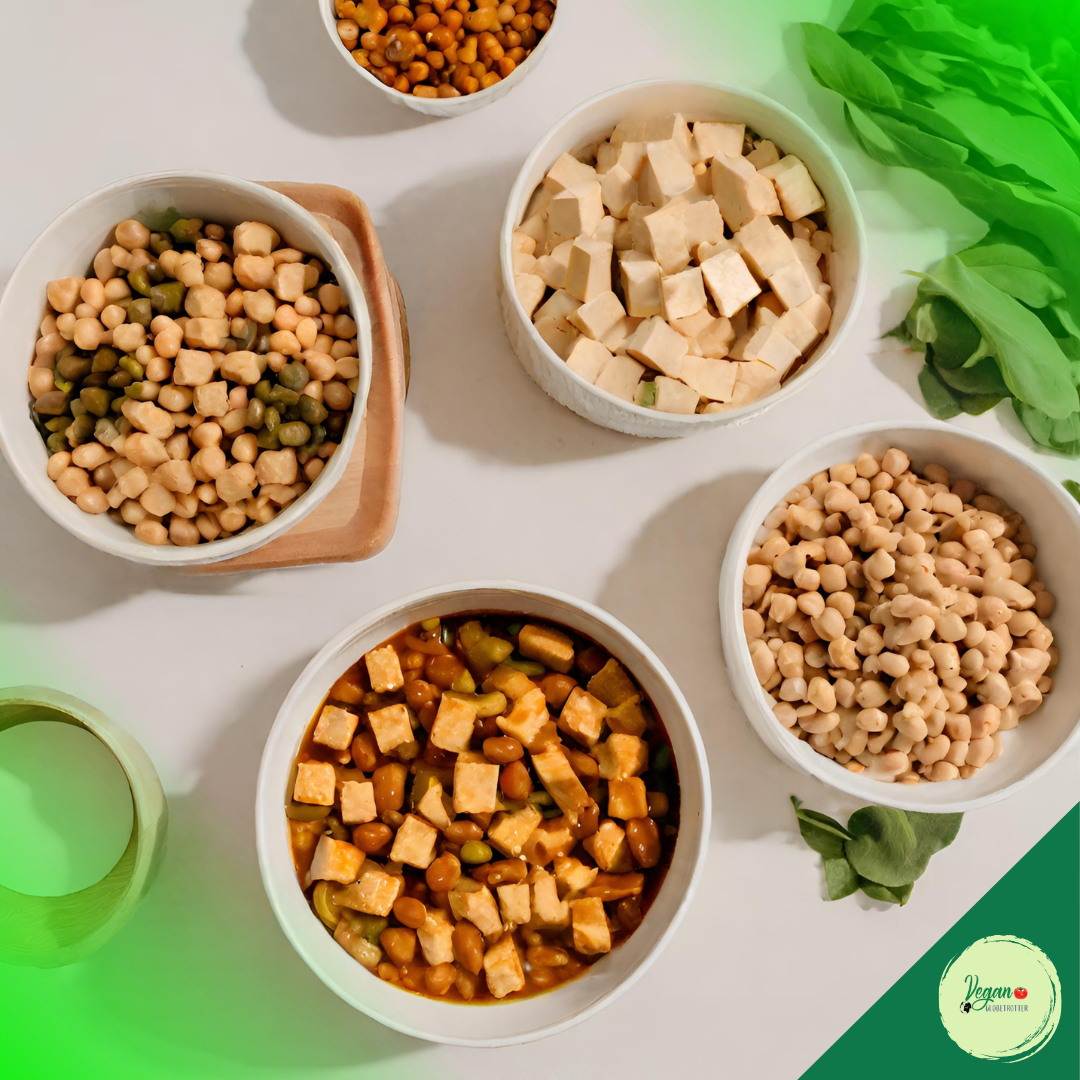
Frequently Asked Questions
Can a vegetarian diet alone effectively manage fatty liver disease?
While a vegetarian diet rich in plant-based foods like fruits, vegetables, whole grains, legumes, nuts, and seeds can be beneficial for managing fatty liver disease, it should be part of a comprehensive treatment plan. Dietary changes should be combined with regular exercise, weight management, and medical supervision to manage the condition effectively.
Are there any specific foods for fatty liver to avoid on a vegetarian diet?
Yes, even on a vegetarian diet, it’s important to limit or avoid certain foods that can exacerbate fatty liver disease. These include highly processed foods, sugary snacks and beverages, fried foods, and foods high in saturated and trans fats. Moderation is essential, and focusing on whole, nutrient-dense foods is recommended.
Can herbal remedies and supplements replace medical treatment for fatty liver disease?
No, herbal remedies and supplements should not replace medical treatment for fatty liver disease. While some herbal remedies and supplements may benefit liver health, they should be used as complementary therapies alongside conventional medical treatment. It’s essential to consult with a healthcare professional before starting any new supplements, especially if you have underlying health conditions or are taking medications.
Unlock Your Liver’s Potential with Vegan Vibes!
Ready to revolutionize your liver health? Dive into our vegan haven, where every recipe, tip, and review is crafted to nourish your liver and elevate your well-being. Connect with us across platforms:
Facebook: Join the conversation at Vegan Globetrotter for fresh insights and community camaraderie.
Instagram: Dive into a visual feast at veganglobetrotter and discover the beauty of vegan living.
Pinterest: Explore our curated boards at The Vegan Globetrotter for endless inspiration and creativity.
Twitter: Stay tuned to our tweets at VeganGlobetrot for quick bites of vegan wisdom and liver-loving updates.
YouTube: Immerse yourself in our video journey at VeganGlobetrotter2056 and witness the power of plant-based living in action.
Join us on the adventure to vibrant health and discover the joys of veganism with a community as passionate about liver wellness as you are!



Don't miss out
when new recipes and information are added!
Join our newsletter for free recipes,
healthy living inspiration, and special offers
You have Successfully Subscribed!